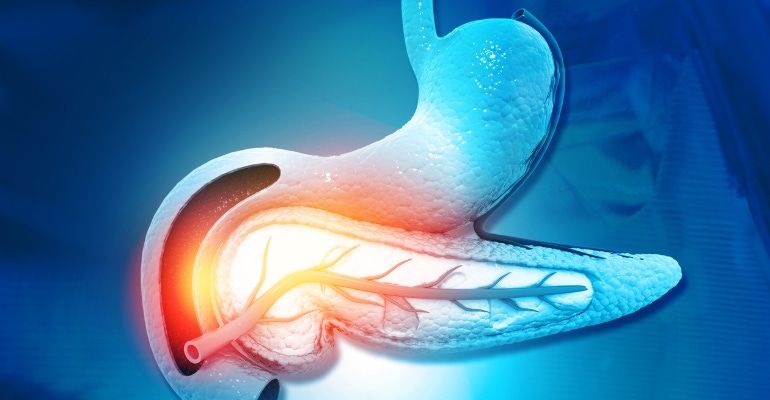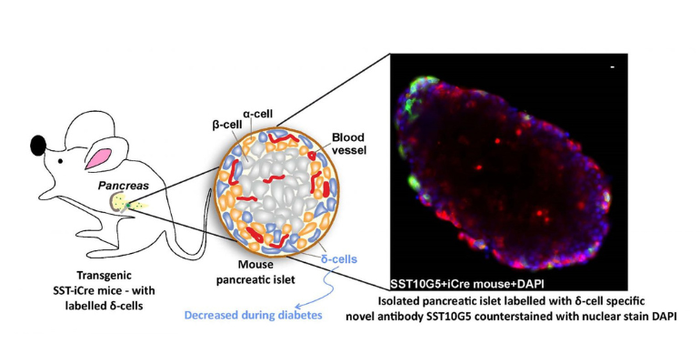July 19, 2023

Researchers at the Indian Institute of Science (IISC's), along with collaborators at the University of Gothenburg, Sweden, have developed a new assay designed to detect fluctuations in somatostatin secretion, a largely overlooked sign of diabetes.
“Changes in somatostatin secretion can be one of the first signs of diabetes,” Nikhil Gandasi, an assistant professor in IISc's Department of Developmental Biology and Genetics, said in an IISC press release. "In such a scenario, detecting the levels of somatostatin can therefore potentially help detect diabetes earlier."
In a study published in the International Journal of Molecular Sciences, Gandasi’s team, along with collaborators at the University of Gothenburg, Sweden, report the development of an assay designed to detect secreted somatostatin. Somatostatin is secreted by specific cells of the pancreas, called delta cells. It is a master regulator of insulin and glucagon – another hormone that works along with insulin to maintain blood sugar levels, according to IISC.
The kit is designed to work like the standard enzyme-linked immunosorbent assay (ELISA) which uses antibody-coated plates to identify the presence of antigens in a sample, similar to a COVID-19 rapid antigen test, IISC noted. The team used artificially synthesized somatostatin to test its binding against several commercially available antibodies, to identify the one that bound to it most efficiently, which they then used to develop the assay.
Using this assay, the researchers were able to detect the levels of somatostatin in pancreatic cells extracted from both mice and humans. They were also able to measure the number of the delta cells that produce somatostatin in both human healthy and diabetic donor tissues. They found that the number of delta cells was significantly lower in people with diabetes. Therefore, the researchers report less secretion of somatostatin in those tissue samples, said Lakshmi Kothegala, a senior scientist at the University of Gothenburg, Sweden, and a visiting scientist at IISc. Kothegala is a first author on the paper.

According to the IISC press release, researchers currently rely on radioimmunoassay (RIA) to detect somatostatin levels. But RIA uses radioactive materials and needs to be carried out under stringent safety conditions, they noted. Besides, RIA takes at least three days to complete, and can only be carried out in specialized labs, said Caroline Miranda, another first author and post-doctoral fellow at the University of Gothenburg.
“Having a fully functional ELISA will mean a more practical method, with faster results,” Miranda said.
The newly developed kit also requires only one-tenth of the volume of blood plasma sample needed for RIA, the researchers noted. The team is currently working with an industry collaborator to develop the kit into a handheld device that can eventually be mass-produced.
About the Author(s)
You May Also Like

.png?width=300&auto=webp&quality=80&disable=upscale)
